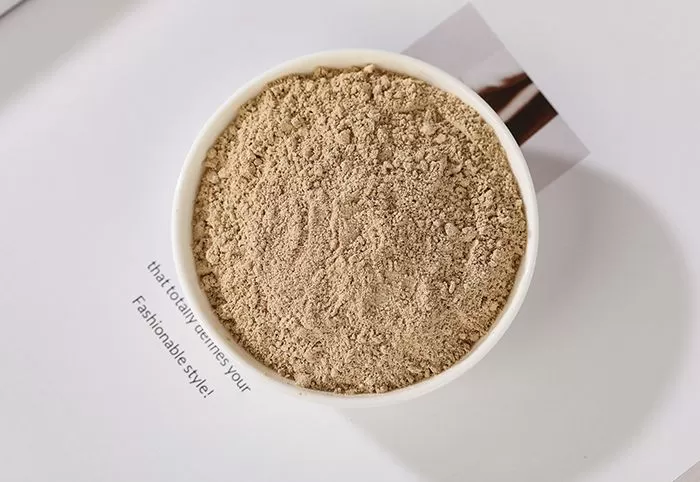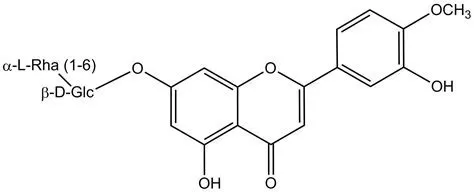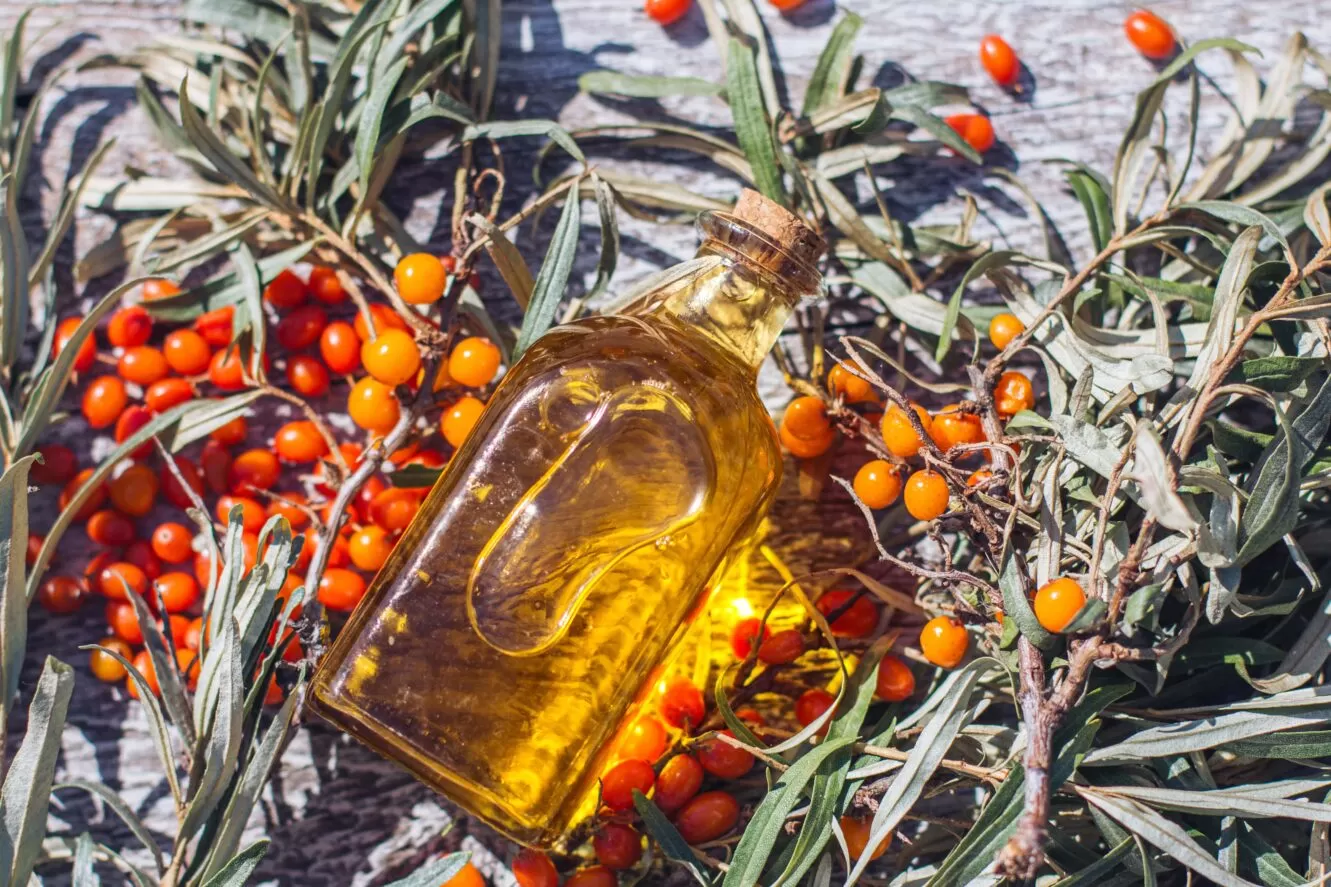- 0086-571-85302990
- sales@greenskybio.com
Is sea buckthorn good for fatty liver?
2025-04-07
In the quest for managing and treating liver ailments, particularly fatty liver disease, attention has increasingly turned toward natural remedies. Among these remedies, sea buckthorn stands out as a promising candidate. As an ancient plant with numerous health benefits attributed to its berries, leaves, and seeds, sea buckthorn has cultivated a reputation in the wellness community. Let’s explore how this vibrant orange berry could potentially benefit those with fatty liver disease.
Understanding Fatty Liver Disease: A Growing Health Concern
Fatty liver disease, also known as hepatic steatosis, is characterized by an excess accumulation of fat in the liver cells. This condition can be classified into non-alcoholic fatty liver disease (NAFLD) and alcoholic fatty liver disease (AFLD), depending on the underlying cause. NAFLD is particularly prevalent, often associated with obesity, type 2 diabetes, and high cholesterol levels. If left unchecked, fatty liver can progress to more severe liver damage, such as cirrhosis or liver cancer.
The liver, responsible for metabolizing nutrients, detoxifying substances, and producing essential proteins, is vital for overall health. Therefore, managing fatty liver disease is critical to preventing broader health complications. This often involves lifestyle changes, including diet modifications, exercise, and in some cases, medical interventions.
Sea Buckthorn’s Nutrient Profile: A Powerhouse of Benefits
Sea buckthorn (Hippophae rhamnoides) is a plant native to Europe and Asia. Its berries are rich in vitamins (such as C, E, and several B vitamins), minerals, antioxidants, and essential fatty acids like omega-3, omega-6, omega-7, and omega-9. This unique blend of nutrients makes sea buckthorn particularly appealing for supporting liver health.
One of the key components contributing to sea buckthorn’s potential benefits for fatty liver is its high antioxidant content. The antioxidants, including flavonoids and phenolic compounds, play a crucial role in combating oxidative stress, a known contributor to liver damage. By neutralizing free radicals, these antioxidants help protect liver cells from further damage.
Benefits of Sea Buckthorn for Fatty Liver
1. Anti-inflammatory Properties: Chronic inflammation is a major factor in the progression of fatty liver disease, leading to further liver injury and fibrosis. Sea buckthorn’s anti-inflammatory abilities, supported by its rich content of vitamin E and flavonoids, can help reduce inflammation within the liver, potentially slowing or even reversing damage.
2. Lipid Metabolism Regulation: The regulation of lipid metabolism is crucial in managing fatty liver disease. Sea buckthorn oil has been studied for its ability to influence lipid profiles positively. It helps decrease triglycerides and liver fat content, consequently supporting liver function and reducing the strain on this vital organ.
3. Antioxidant Defense: As previously mentioned, the high antioxidant content in sea buckthorn berries aids in defending against oxidative stress. This defense is crucial for individuals with fatty liver, as oxidative stress not only exacerbates liver damage but also hinders the liver's ability to repair itself.
4. Hepatoprotective Effects: Research suggests that sea buckthorn has hepatoprotective properties—that is, it helps to protect the liver from damage caused by toxins. This protection is essential in both preventing the onset of fatty liver disease and managing existing conditions by ensuring the liver maintains its detoxification abilities.
Scientific Evidence and Studies
While much of the evidence supporting sea buckthorn’s benefits for fatty liver is anecdotal, there are emerging studies and clinical trials underscoring its potential. Research published in various journals suggests that supplementation with sea buckthorn can result in improved liver enzyme levels, reduced liver fat accumulation, and better overall liver function.
For instance, a study conducted on animal models showed improvement in liver steatosis and reduced liver enzyme levels after being treated with sea buckthorn extracts. Though these findings are promising, further human studies are necessary to fully elucidate the mechanisms and effectiveness of sea buckthorn for fatty liver disease.
Incorporating Sea Buckthorn into the Diet
Sea buckthorn is available in various forms, including oils, juices, teas, capsules, and supplements. When considering adding sea buckthorn to one’s diet, it is crucial to follow recommended dosages and consult with a healthcare provider, especially for individuals with existing health conditions or those taking medications that may interact with concentrated supplements.
In diet, sea buckthorn can be consumed as a juice mixed with other fruit juices for enhanced flavor and nutrition or added to smoothies. Its oil can be integrated into salads or used as an ingredient in healthy recipes, providing a unique tangy taste and nutritional boost.
Conclusion: A Natural Pathway to Liver Health
Sea buckthorn emerges as a natural ally in the battle against fatty liver disease, offering a multifaceted approach that encompasses anti-inflammatory, antioxidative, and lipid-regulating potentials. Its rich composition of nutrients not only supports liver health but also contributes to overall wellness due to its systemic benefits.
As research progresses, sea buckthorn continues to build a portfolio of evidence underlining its role in liver health management. Embracing this natural remedy, along with healthy lifestyle choices and professional medical advice, provides a comprehensive strategy for mitigating and managing fatty liver disease. While it is not a cure-all answer, sea buckthorn represents a promising component of holistic liver care.
- ▶ Hesperidin
- ▶ citrus bioflavonoids
- ▶ plant extract
- ▶ lycopene
- ▶ Diosmin
- ▶ Grape seed extract
- ▶ Sea buckthorn Juice Powder
- ▶ Beetroot powder
- ▶ Hops Extract
- ▶ Artichoke Extract
- ▶ Reishi mushroom extract
- ▶ Astaxanthin
- ▶ Green Tea Extract
- ▶ Curcumin Extract
- ▶ Horse Chestnut Extract
- ▶ Other Problems
- ▶ Boswellia Serrata Extract
- ▶ Resveratrol Extract
- ▶ Marigold Extract
- ▶ Grape Leaf Extract
- ▶ blog3
- ▶ blog4
- ▶ blog5
-
what is diosmin expert
2025-04-07
-
Why is sea buckthorn expensive?
2025-04-07
-
What Does Sea Buckthorn Juice Taste Like?
2025-04-07
-
Hesperidin
2025-04-07
-
Acerola Extract
2025-04-07
-
Lycopene
2025-04-07
-
Calendula Extract
2025-04-07
-
Grapefruit Seed Extract Powder
2025-04-07
-
Saponin Extract
2025-04-07
-
Resveratrol extract
2025-04-07
-
Selenium yeast
2025-04-07
-
Hericium erinaceus extract powder
2025-04-07
-
Panax Ginseng Leaf Extract
2025-04-07






























